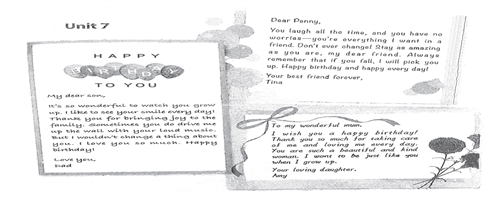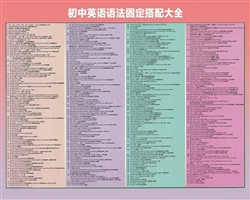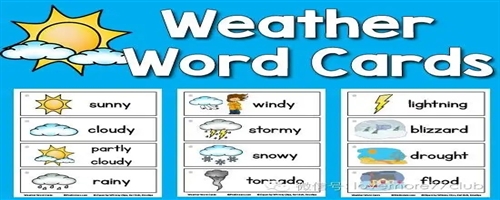英语基础语法:一般将来时
英语基础语法:一般将来时
一、用法
一般将来时表示将来发生的事。常与tomorrow, next year等时间状语连用。www.34en.com
二、构成
通常有以下七种方式表示将来,注意它们各自的区别。
■由 will 加动词原形构成,当主语是第一人称时,也可以用 shall 加动词原形。如:
Telephone me this evening. I’ll be at home. 今晚给我打电话,我会在家。
I’ll (shall/will) do a better job next time. 下次我要干得好些。
注意:
1. will还可用来表示同意或“不能”。如:
Come and see me tomorrow. Yes,I will. 明天来找我。——好的。
一Don’t be late. 一No,I won’t. 别来晚了。——不会晚的。
The car won’t start. 车开不了啦。
Oil and water will not mix. 油和水没法混在一起。
2. 表示临时的决定,只能用 will 加动词原形。如:
-You’ve left the light on. 你忘记关灯了。
-Oh, so I have. I’ll go and turn it off. 啊!那我去关。
3. 在“祈使句+and/or+陈述句”句型中,陈述句中只能用will或情态动词加动词原形。如:
Work hard, and you will pass the exam. 努力学习,你就会通过考试。
4. 在条件句中表示将来不用will,而用一般现在时、be going to(打算) 或be to(为人所控制的动作) 等。若你见到在条件句中用了will,那 will 就是表示“愿意”的情态动词。如:
Let her do that if she will. 如果她愿意,就让她那样做。
■am/is/are going to 加动词原形,表示主语的意图或打算将来做的事。如:
What are you going to do tomorrow? 你打算明天做什么呢?
The play is going to be produced next month. 这出戏下月开播。
注意:
已有迹象表明将要发生的事,只能用am/is/are加动词原形。如:Look at the dark clouds; it’s going to rain. 看那乌云,快要下雨了。
■be to加动词原形,仅用于表示正式的公务安排、公告指示、义务、禁止等。如:
You’re to deliver these flowers before 10. 你在10点钟之前把这些花送去。
You are to (=should) report to the police. 你应该报警的。
You’re not to (=mustn’t) tell him anything about our plans. 你不要把我们的计划透露给他。
注意:
1. 这与不定式作表语不同:My idea is to go there today. 我的意思是今天就去那里。
2. be to强调客观安排或受人指示而做某事,be going to则强调主观的打算或计划。
■be about to加动词原形,表示即将或马上要做某事。如:
He is about to leave for Beijing. 他马上要去北京。
注意:be about to do不能与表示将来时间的状语连用。
■am/is/are on the point of加动词的-ing形式,表示“就要”做某事,也不能与表示将来的时间状语连用。如:
Look! They’re on the point of starting! 看!他们就要开始了!
■一般现在时表示在时间上已确定或安排好的事情。如:
The train leaves at six tomorrow morning. 火车明天上午六点开。
■现在进行时表示将来,主要用于go, come, leave, start等表示去向的短暂性动词。如:
I’m leaving tomorrow. 明天我要走了。
- 关键字:
- 上一篇: 英语基础语法:将来进行时
- 下一篇:英语基础语法:过去将来时
友友评论:
内容相关随机推荐:
暂无相关信息!
- 相关链接:
-
资源说明:
英语语法网英语语法网-时态语态-《英语基础语法:一般将来时》
 。
。




